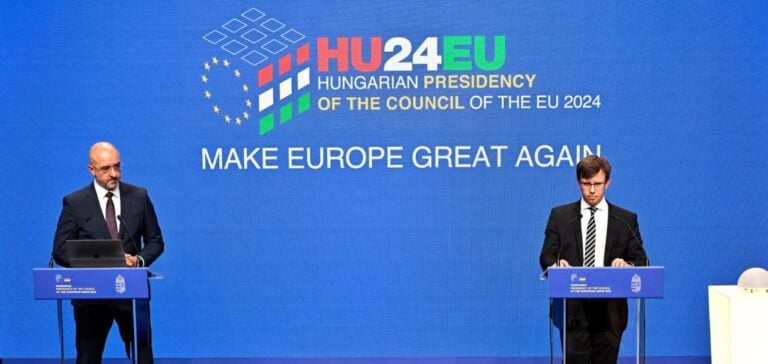The European Union is aiming for a 55% reduction in greenhouse gas emissions by 2030, compared with 1990 levels. However, by the June 30, 2024 deadline, only the Netherlands, Denmark, Finland and Sweden had submitted their final plans to the European Commission. This raises concerns about theEU‘s ability tomeet its climate targets on time.
Delays and infringement procedures
The European Commission has expressed its concern at these delays, urging other member states to submit their plans quickly. Austria, which has not even submitted a preliminary draft of its roadmap, is already the subject of disciplinary proceedings. Other countries could follow suit if submissions take longer.
Last December, the Commission assessed the 21 plans received, concluding that they would only deliver a 51% reduction in emissions, short of the target. Significant shortfalls in national targets reveal the need to revise submitted plans.
The special case of France
France did not submit its finalized roadmap on time, mainly because of the complex domestic political situation. The French government had planned a formal consultation on the third version of its National Low Carbon Strategy (SNBC) in June, but the reserve period prevented this.
France’s “national energy and climate plan”, presented in 2023, had been criticized by the European Commission for its lack of ambition. The Commission noted that the proposed efforts would only enable a 46.4% reduction in emissions, below the 47.5% target set for France. What’s more, the plan made no mention of a quantified target for the share of renewable energies in 2030, favoring the concept of “decarbonized energy” including both renewables and nuclear power.
Consequences and prospects
Delays on the part of several member states could compromise the EU’s credibility in terms of climate leadership. The European Commission has warned that it will raise the issue of urgency at the Environment and Energy Ministers’ meetings in Budapest in mid-July. Latecomers risk sanctions and legal proceedings, increasing the pressure to finalize their plans quickly.
The EU’s success in achieving its climate objectives will depend on the cooperation and commitment of all member states. National plans must be ambitious, realistic and aligned with the Commission’s recommendations to guarantee a significant reduction in emissions.
The case of France illustrates the internal political challenges that can influence the implementation of climate policies. Other countries must also overcome their own obstacles to meeting their commitments. The next ministerial meeting will be crucial for assessing progress and planning the next steps.
The current delays highlight the challenges to be met if Europe’s climate ambitions are to become a reality. The EU must strengthen cooperation and support between its members to ensure a successful and sustainable energy transition.






















